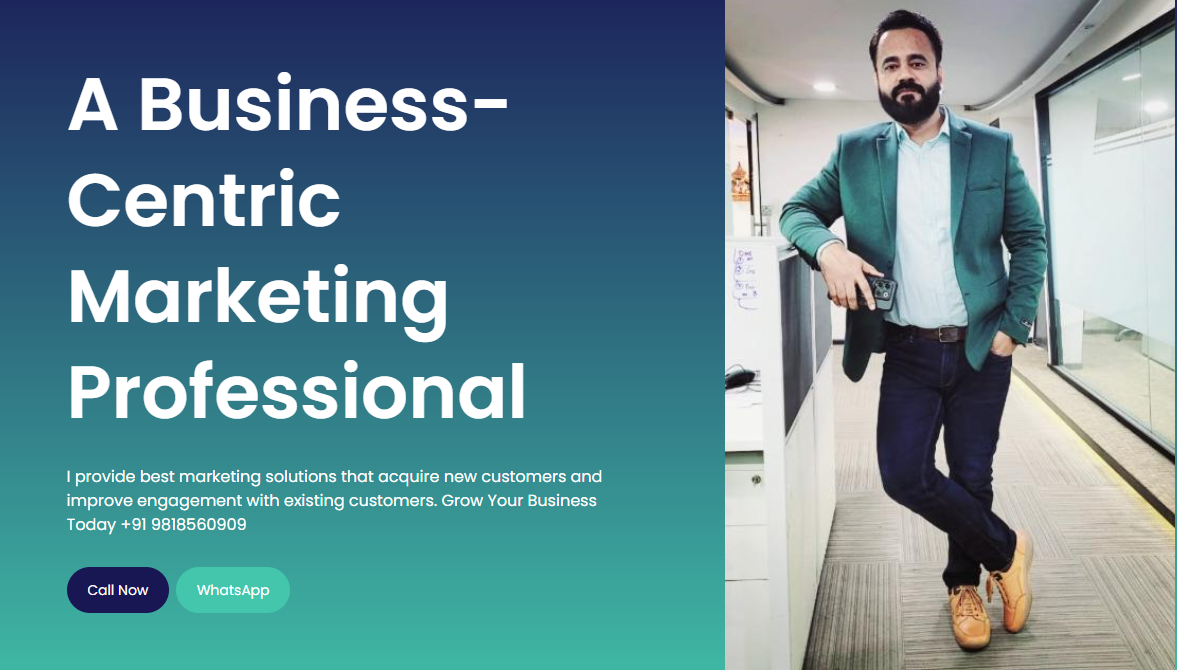In the rapidly evolving landscape of the healthcare industry, effective marketing plays a pivotal role in driving patient engagement, fostering trust, and boosting brand awareness. Healthcare organizations across the globe are turning to marketing experts to navigate the complexities of the digital age and to connect with their target audiences in meaningful ways. This article explores the multifaceted realm of healthcare marketing and provides insights into the expertise required to excel in this dynamic field.
1. Understanding the Healthcare Landscape:
To be a successful healthcare marketing expert, one must have a deep understanding of the unique challenges and trends within the industry. This section delves into the evolving healthcare landscape, including regulatory considerations, patient expectations, and the impact of technology on healthcare marketing strategies.
2. Developing a Comprehensive Marketing Strategy:
Crafting a well-defined marketing strategy is essential for healthcare organizations to effectively reach and engage their target audience. This section explores the key components of a successful marketing strategy, including market research, brand positioning, and the development of compelling messaging.
3. Leveraging Digital Marketing Channels:
In the digital age, healthcare marketing experts must harness the power of online platforms to connect with patients and amplify their organization’s reach. This section discusses various digital marketing channels, such as search engine optimization (SEO), social media marketing, content marketing, and email campaigns, and provides insights into how these channels can be leveraged to drive engagement and build brand loyalty.
4. Building Patient-Centric Experiences:
In today’s healthcare landscape, patients are increasingly empowered and seek personalized experiences. This section highlights the importance of building patient-centric marketing strategies that prioritize patient needs, preferences, and engagement. It explores the concept of patient journey mapping and provides guidance on how healthcare marketing experts can enhance patient experiences across various touchpoints.
5. Measuring Success and Return on Investment (ROI):
Effective healthcare marketing requires continuous evaluation and measurement of performance metrics to gauge the success of campaigns and justify investments. This section explores key performance indicators (KPIs) relevant to healthcare marketing and discusses tools and methodologies for tracking and analyzing data to optimize marketing efforts.
6. Navigating Ethical and Legal Considerations:
The healthcare industry operates within a complex web of ethical and legal considerations. This section highlights the importance of maintaining compliance with regulations such as HIPAA and ensuring ethical marketing practices. It also discusses the challenges and strategies healthcare marketing experts employ to navigate these sensitive areas.
Conclusion:
Becoming a healthcare marketing expert requires a unique blend of industry knowledge, strategic thinking, and digital marketing prowess. By understanding the nuances of the healthcare landscape, leveraging digital channels effectively, prioritizing patient-centric experiences, measuring success, and adhering to ethical and legal guidelines, healthcare marketing experts can drive tangible results for their organizations while enhancing patient care and engagement. In an ever-changing industry, these experts play a critical role in shaping the future of healthcare marketing.

